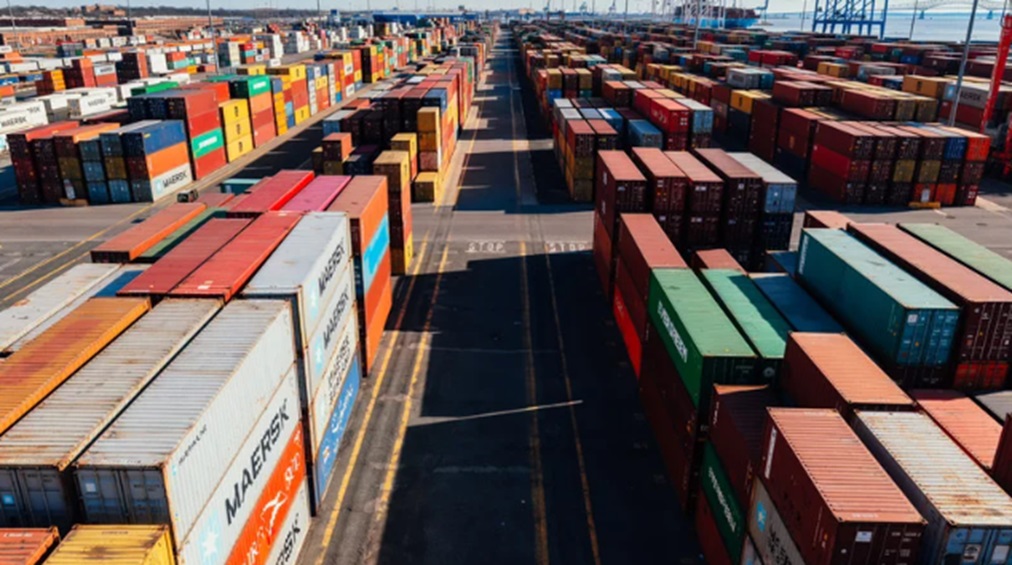Selecting the right partner for your logistics solutions is a significant decision that can impact the efficiency of your entire supply chain. Logistics providers play a crucial role in ensuring goods are delivered on time and in optimal condition. To make a sound choice, you should assess several critical factors that determine how well a provider can meet your business needs.
Expertise and Experience
The provider’s experience in the logistics industry is a deciding factor. Companies with extensive expertise understand the complexities of supply chains and can address unforeseen challenges effectively. For example, providers skilled in international shipping streamline critical processes such as customs clearance, reducing the risk of delays. By opting for an experienced partner, businesses benefit from superior risk management and innovative solutions tailored to their unique needs.
Range of Services
Assess the range of services offered by the logistics provider to ensure they align with your requirements. Whether your business needs freight forwarding, inventory management, or last-mile delivery, a comprehensive solutions provider simplifies the supply chain. For cross-border operations, the ability to manage international shipping and adhere to regional regulations is especially important. This ensures seamless operations that are both compliant and efficient, eliminating unnecessary complexities in global trade.
Technology Integration
Technological advancements have transformed the logistics sector, making it vital to choose a provider that embraces innovation. Features such as real-time tracking, data analytics, and warehouse automation enhance overall efficiency. Data-driven insights can help identify areas for improvement, streamline delivery routes, and optimize resource utilization. A logistics provider leveraging these technologies ensures transparency, allowing businesses to monitor and adjust operations proactively to meet their goals.
Scalability and Flexibility
Your chosen logistics provider should be capable of scaling their services as your business grows. For instance, during peak seasonal demand, requiring increased shipment volumes, or expanding to new locations, a scalable partner ensures smooth transitions. Similarly, flexibility is key for businesses handling diverse shipment needs, such as temperature-sensitive products. A flexible provider tailors their services to meet varying requirements, ensuring resilience across all circumstances.
Cost Effectiveness
Affordable pricing is undoubtedly important, but the focus should be on value rather than purely cost-cutting. A provider offering transparent pricing with no hidden fees safeguards profitability for businesses. Furthermore, flexible pricing models designed specifically for your needs, such as customizable logistics packages, can help avoid unnecessary expenditures. Businesses aiming to improve their bottom line often explore strategies on how to reduce transportation costs with effective logistics solutions, which include optimizing routes, consolidating shipments, and leveraging technology to minimize waste. Evaluating costs in detail ensures your business receives optimal solutions without compromising operational quality.
Reliability and Timeliness
When it comes to logistics, timing is everything. Partnering with a provider that demonstrates consistent performance in meeting deadlines should be a top priority. Tracking their delivery history and their approaches to managing disruptions, such as equipment failures or unforeseen delays, offers valuable insights. Dependable providers proactively address potential hurdles and update clients promptly, fostering confidence in their services and maintaining smooth business operations.
Sustainability Initiatives
Modern businesses often prioritize environmental responsibility, and logistics providers must do the same. Providers investing in sustainable practices, such as adopting energy-efficient systems or developing carbon-neutral shipping solutions, align with eco-conscious values. Choosing a partner that values sustainability not only helps reduce environmental impact but also appeals to consumers who prioritize businesses with green initiatives, fostering goodwill and competitive advantage.
Customer Support
Customer support is a critical evaluation point when choosing a logistics provider. Accessible, round-the-clock support ensures timely issue resolution, minimizing the impact of unexpected challenges. Dedicated account managers or reliable representatives provide an additional layer of accountability and effective communication. Strong customer service guarantees smoother operations, reinforce trust and strengthens the relationship between businesses and logistics providers.
Proven Partnerships
Evaluate whether the logistics provider has established reliable partnerships within the industry. Their network of carriers, regional agencies, and governing bodies ensures streamlined operations. A strong network results in better resolutions of logistical challenges, including customs bottlenecks or disrupted transportation routes. These partnerships amplify operational efficiency and highlight the provider’s credibility in the sector.
Compliance and Certifications
Logistics providers must adhere to regulations and industry standards to ensure safe and legal operations. Certifications such as ISO reflect a company’s commitment to professionalism, safety, and operational excellence. Opting for certified providers mitigates risks, secures compliance, and ensures service quality, all of which contribute to successful logistical outcomes.
Conclusion
Choosing the right logistics solutions provider demands careful evaluation across multiple factors, including expertise, scalability, and sustainability. Providers experienced in international shipping and equipped with innovative technologies help streamline supply chains and overcome potential hurdles. By also factoring in cost-effectiveness, customer support, and environmental responsibility, businesses can identify partners capable of driving long-term operational success. Ultimately, the right logistics provider does more than deliver goods efficiently; they become an integral part of your growth strategy.


Comments are closed.